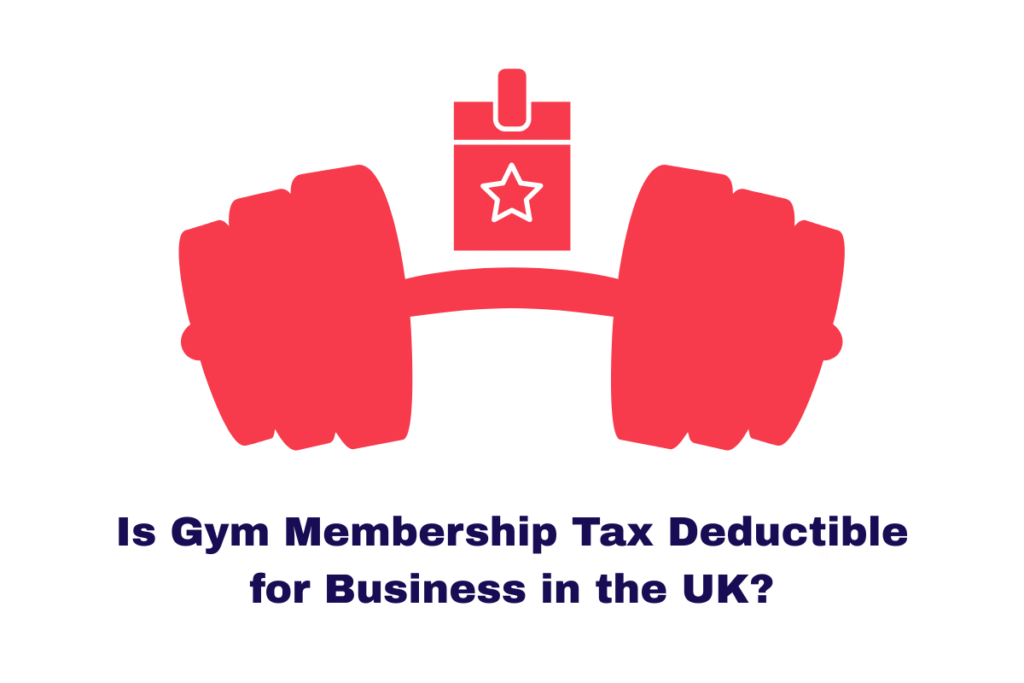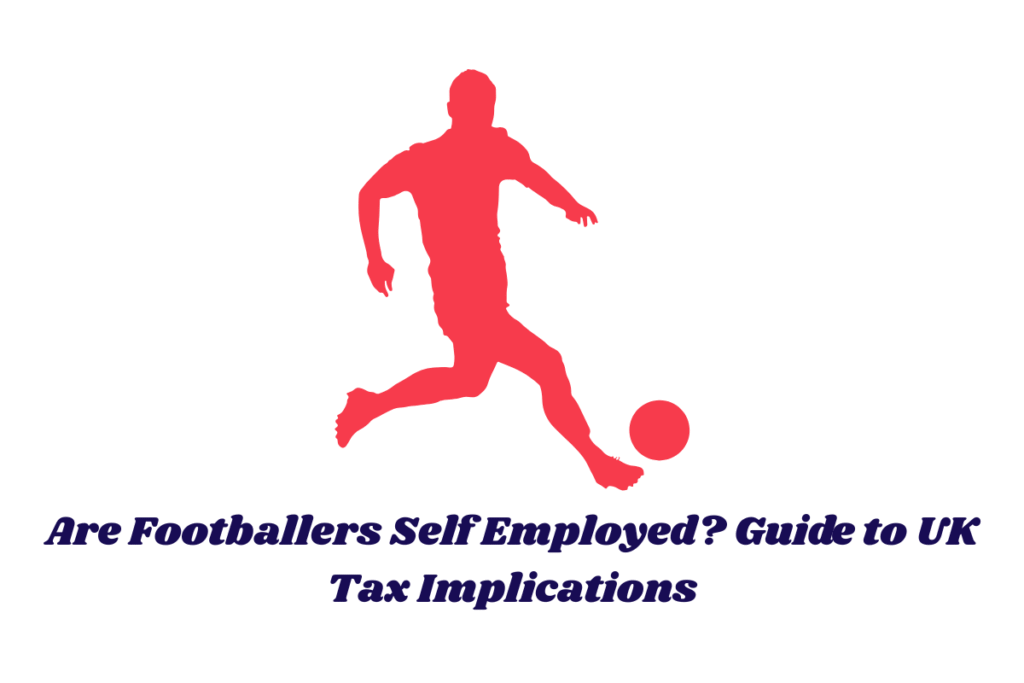When it comes to managing business expenses in the UK, the question often arises: is gym membership tax deductible for business? As the focus on employee well-being and mental health continues to grow, many business owners are exploring whether they can claim gym memberships as a legitimate business expense.
This article will help you understand what the UK tax laws say about deducting gym membership costs and when – if ever – it’s possible to include them as a business expense. We’ll also walk you through key considerations for sole traders and limited companies.
When Can Gym Membership Be Claimed as a Business Expense?
Under HMRC guidelines, business expenses must be incurred “wholly and exclusively” for the purpose of running the business to qualify as deductible. So, is gym membership tax deductible for business use? The short answer is: only in specific situations.
For example, if you’re self-employed and your business relies on your physical fitness – such as being a personal trainer, athlete, fitness coach, or even an actor – then you may have grounds to claim your gym membership as a tax-deductible expense.
But for most professions, particularly office-based roles or businesses that don’t require physical exertion, it’s difficult to justify a gym membership as essential to your trade.
You can also read our more guides on Personal Tax:
What is a Sole Proprietorship? Things You Should Know
How Much Will I Pay Tax on My Bonus in the UK?
How to Check CIS Status in the UK ?
Highest Council Tax Bands in the UK?
Gym Membership and Sole Traders
Sole traders in the UK have the ability to claim certain expenses that are directly linked to their business operations. So, is gym membership tax deductible for business if you’re a sole trader?
If your profession clearly depends on your physical fitness, and you can prove the membership is used solely for business purposes, HMRC may accept it as a deductible expense. However, dual-purpose expenses – where both personal and business use is involved – are rarely allowed.
Here’s a scenario where the deduction could be valid:
- A personal trainer who uses the gym daily to stay fit for their clients and conducts training sessions in that gym.
Here’s where it’s unlikely to qualify:
- A web developer who joins a gym to improve general health, even if they argue that fitness helps them concentrate better at work.
The determining factor is whether the gym membership is an essential tool for the business. If it’s not, the expense may be deemed personal.
Can Limited Companies Deduct Gym Membership Costs?
Limited companies must follow a different set of rules when claiming expenses. The big question here is: is gym membership tax deductible for business when it’s paid through a company?
Generally, if a limited company pays for a director or employee’s gym membership, it’s considered a benefit in kind, which means the employee is taxed on it as if it were additional income. The company may also be liable for National Insurance contributions on the benefit.
There are exceptions, though. If the gym facility is provided on the company’s premises, it could qualify as a tax-free benefit, provided it meets certain conditions. However, third-party gym memberships rarely escape taxation.
To make an informed decision, it’s important to assess whether the gym membership:
- Is essential to the employee’s role
- Is used exclusively for business needs
- Falls within HMRC-approved exemptions
What If the Gym Membership Is for Mental Health?
In recent years, there’s been a stronger emphasis on mental wellness and the role of physical activity in supporting mental health. So, is gym membership tax deductible for business if it’s for mental health reasons?
Unfortunately, HMRC does not generally accept mental health support, such as gym memberships, as a deductible business expense unless it is part of a formal treatment plan prescribed by a registered medical professional. If you have medical documentation recommending exercise as part of your treatment, then it may be possible to classify the expense as a medical benefit.
Without medical backing, even if the gym helps with stress management or anxiety relief, it is likely to be considered a personal expense, not eligible for business tax deductions.
What Do Tax Professionals Say?
Accountants and tax advisers in the UK generally advise caution when it comes to claiming gym memberships. They stress that:
- HMRC scrutinises personal-use claims heavily.
- Documentation must prove the gym is essential for business operations.
- Any claim must meet the “wholly and exclusively” test.
In borderline cases, it’s strongly recommended to seek personalised advice to avoid potential tax penalties.
Conclusion: Is Gym Membership Tax Deductible for Business?
So, is gym membership tax deductible for business in the UK? The answer depends on your business structure, job role, and how clearly the expense supports your business activity.
In most cases, gym memberships are considered personal expenses and not tax-deductible. However, if physical fitness is critical to your profession and you can demonstrate that the gym membership is used exclusively for business purposes, there may be room for a legitimate deduction.
To ensure compliance with HMRC rules and avoid missteps, always:
- Keep clear records of all claimed expenses.
- Separate personal and business use where possible.
- Consult with a tax professional.
The content provided on TaxCalculatorsUK, including our blog and articles, is for general informational purposes only and does not constitute financial, accounting, or legal advice.
You can also visit HMRC’s official website for more in-depth information about the topic.











